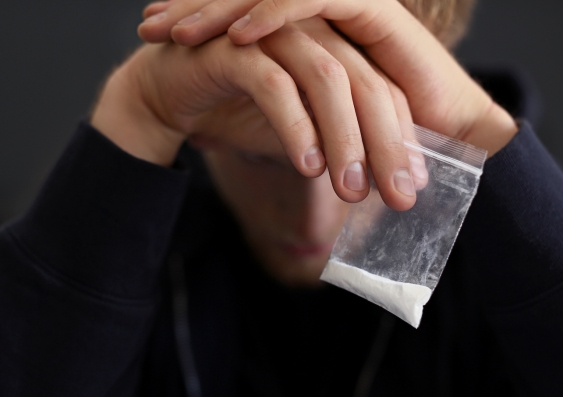Large rise in cocaine-related deaths in Australia over last decade: study
The deaths are largely due to more widespread use, says the study's lead author and expert on the morbidity and mortality associated with illicit drug use.
The deaths are largely due to more widespread use, says the study's lead author and expert on the morbidity and mortality associated with illicit drug use.

NDARC Media
+61 401 713 850
ndarc.media@unsw.edu.au
There were 884 cocaine-related deaths in Australia between 2000 and 2021, says a new study published by researchers at the National Drug and Alcohol Research Centre (NDARC), UNSW Sydney.
The study, published in , examined data from the National Coronial Information System (NCIS) and found a large increase in cocaine-related deaths since 2012, with 398 known deaths in the last five years.
“These deaths are largely due to more widespread use of cocaine,” says lead author Professor Shane Darke from NDARC and UNSW Medicine & Health.
“We found clinically significant changes in case profiles across the study period that suggest a broadening of those who use cocaine and its associated harm.”
Read more:
There was a significant increase in the proportion of cocaine-related deaths among people with no history of substance use problems.
“Twenty years ago, 90 per cent of cocaine deaths had a history of substance use problems. Now that figure is much lower at 50 per cent,” says Professor Darke.
Histories of injecting drug use and recent opioid use also significantly declined.
“As cocaine use expands in a population, the focus of intervention must adapt to reflect the changing profiles of those at risk,” says Professor Darke.
Of the 884 cases examined, the most prevalent cause of death was unintentional drug toxicity (70 per cent) and generally involved cardiovascular events.
“Acute and chronic heart disease is a significant factor in cocaine deaths, and users may be unaware of this, or of the risk for stroke,” says Professor Darke.
The study also found 18 per cent of cocaine-related deaths involved intentional self-harm or suicide and 12 per cent were traumatic incidents, predominantly involving motor vehicles.
Read more:
In 93 per cent of cases, other drugs were involved and alcohol was present in close to half of the reported deaths.
“Alcohol intensifies the effects of cocaine, making the drug more toxic, so this is a particularly dangerous combination,” said Professor Darke.
“When compared to drugs like crystal methamphetamine, cocaine sometimes has a reputation of being a safer choice.
“Nothing could be further from the truth – cocaine causes heart attacks and stroke and sees people become highly activated, impulsive, disinhibited and engage in risky behaviour.”